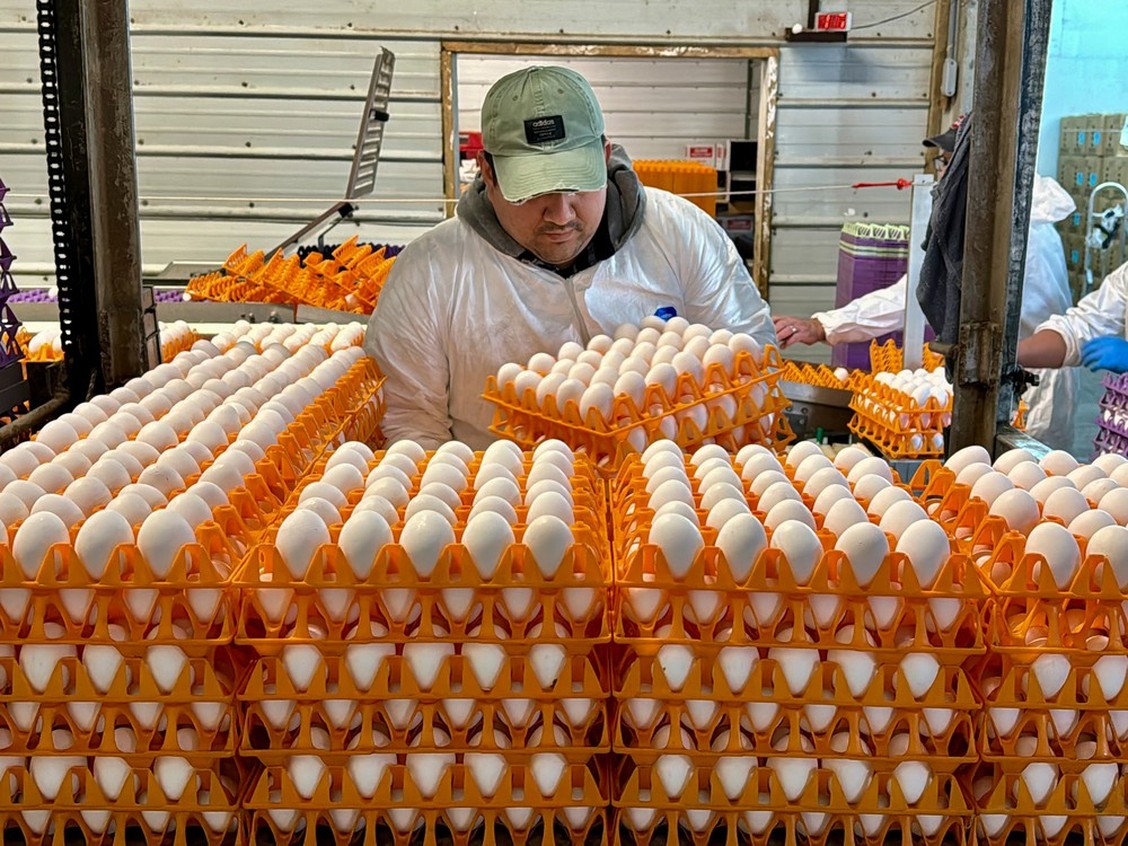Waiting For The Next One...
"Public Health Agency of Canada maintains agreements to secure timely access to pandemic influenza vaccines for the entire Canadian population should an influenza pandemic occur.""[Those agreements are meant to protect against risk of vaccine embargoes, border closures and transportation and shipping delays] as recently witnessed during the COVID-19 pandemic.""As influenza viruses constantly change and cases in livestock increase opportunity for changes leading to mammalian adaptation, continued surveillance and preparedness are critical."Nicholas Janveau, spokesperson, PHAC"We are all taught about this [risk of mutations that could potentially allow the virus to successfully jump to humans] in epidemiology school.""For twenty years now, flu watchers like myself have been warning about avian flu making the leap [to humans].""[H5N1 has pandemic potential] but many things have pandemic potential. [Canada should begin producing vaccines now].""Better to have it and not need it than to need it and not have it."Raywat Deonandan, epidemiologist, professor, University of Ottawa
 |
People are being urged by health experts to refrain from drinking raw, unpasteurized milk, and to make certain that meat is cooked thoroughly. The real potential risk from bird flu they say with some assurance is not from food intake, but the possibility that alterations to the H5N1 highly pathogenic avian influenza virus stems from the possibility it might make the leap from animals to humans, creating a potential influenza pandemic, since human immunity to the virus is expected to be minimal.
In the event of a pandemic declaration, the Public Health Agency of Canada may begin to assess options to produce pr-pandemic vaccines against H5N1 that could be in place should a pandemic declaration become reality. The risks of H5N1, however, is being actively assessed so that PHAC can switch annual influenza vaccine production from seasonal influenza vaccine to pandemic influenza vaccine. Stockpiles of anti-viral medications are maintained as well, by federal and provincial and territorial governments.
American Health officials have latterly reported outbreaks of H5N1 avian influenza in some 33 dairy herds, along with poultry and wild birds. Wide-spread reports have emerged of barn cats falling ill and dying. Remnants of the H5N1 bird flu virus in 20 percent of retail milk samples tested in the US. has been discovered, the cause of growing concern that livestock outbreaks are more widespread than thought. Although the virus fragments were not live, posing no risk, their presence suggests that more cows are infected than have been reported.
A situation that increases the risk of mutations with the potential of allowing the virus to leap to humans.
Dr. Deonandan points out that though avian bird flu has been decades in circulation, the leap to humans that might allow widespread human-to-human transmission has not occurred. There have been 26 human cases globally, associated with the strain of H5N1 in circulation, yet human cases primarily resulted from close contact with infected birds or animals. "There is a lot of good news here", he remarked.
Unlike with COVID-19, vaccines, explained Dr. Deonandan, will be available, although they would be in high demand, and antivirals would also be readily available. Even so, the situation would likely be hard on the elderly and children. In the meanwhile, he urged people to take precautions such as rejecting raw milk and cooking food well, along with avoiding dead birds and other wild animals.
 |
| Raquel Kolof is a beef cattle farmer who owns Hough Heritage Farms in Gibsons, B.C. No cases of highly pathogenic avian influenza have shown up in Canadian cattle yet, but she's concerned watching outbreaks in the U.S. (Submitted by Raquel Kolof) |
"[Human-to-human transmission is unlikely right now without further genetic changes in the virus, but since the viruses constantly evolve, the WHO called on countries to increase their surveillance].""As these viruses are constantly evolving and spreading in animal populations, and with an increased risk of exposure for humans, there is a continuous need to reassess the risks as the situation evolves and when more information becomes available."World Health Organization assessment
Labels: Cattle Infections, H5N1 Bird Flu, Influenza Viruses, Pandemic Influenza Vaccines, Precautions

0 Comments:
Post a Comment
<< Home